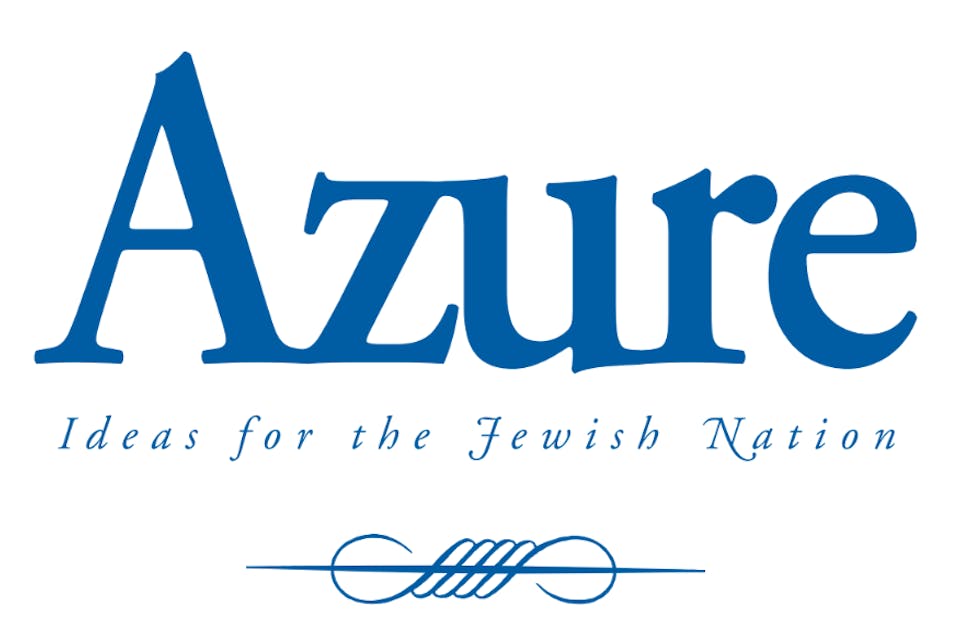
November 28, 2010
The Holocaust and the Foundation of Jewish Identity
By Avi SagiOur history defines us—but it can also turn into a trap.
The question of the place of the Holocaust in the formation of Jewish-Israeli identity is one of the most difficult and charged issues confronting Israeli society. From those dark days until today, the Jewish and Israeli public has grappled with the subject from various angles. In this essay, I seek to distinguish between two different questions that underlie this debate: The factual question—is the Holocaust indeed a formative event for Jewish-Israeli identity? And the moral question—ought this be so?
The first question is essentially the province of those engaged in the social sciences—sociologists, psychologists, historians, or political scientists; the second question, being a normative issue, is the concern of philosophers or critical theorists. As numerous studies make clear, the Holocaust had and still has a cardinal place in the formation of Jewish-Israeli identity. But this fact in and of itself does not substantiate the claim that the Holocaust ought to have such a defining role, as value judgments do not necessarily proceed from given facts. To deal with the moral question, then, we must examine how identity is established and what function it fulfills.
The model of identity on which my analysis is based originates in notions of existentialist thought that later made their way into social research and cultural criticism. According to this model, the primary contours on which individual or group identity is constituted are the past and the future. The past encompasses the culture into which one is born—the culture that shapes the language, memory, and basic orientation of the individual in the world. A human being is born into a past; in Heidegger’s words, he is “thrown” (geworfen)—that is, he does not create himself, but rather finds himself enmeshed in memory, language, ethos, and myth. The opposite contour, the future, is a horizon of open possibilities, founded on man’s being a creature of free will who may choose and mold his own life.